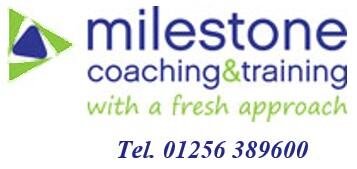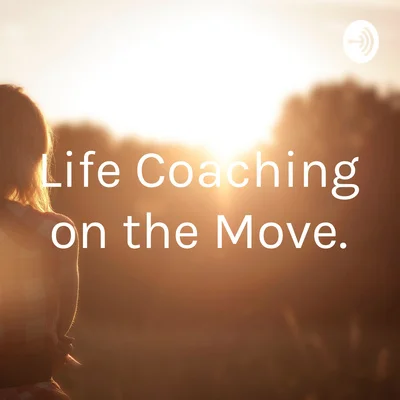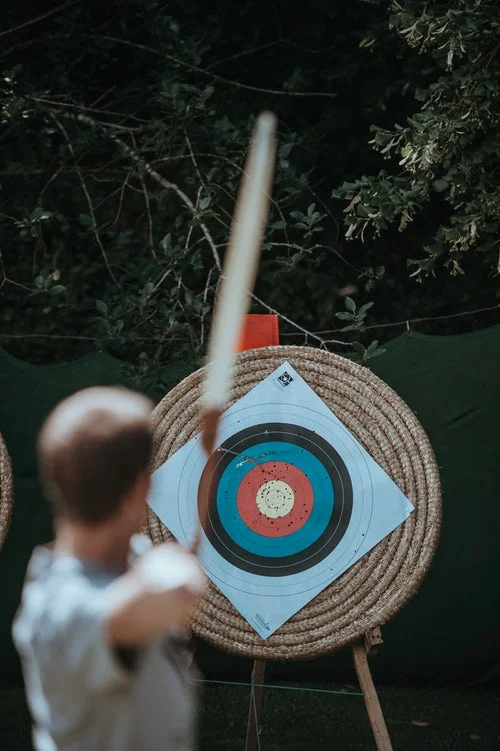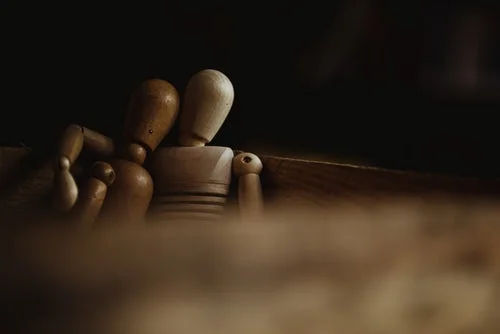Last night I shared a lovely evening out with three of my girlfriends. Let me give you some background to the group. Three of us are 50+ years of age, whilst the other is at least 10 years younger.
We had a great time catching up on each others’ lives, with much laughter and a lot of deep discussion. It was during the deeper conversation that three of us discovered we have all been experiencing and struggling with the same difficulty for the few past months - the youngest of us hasn’t!
“Bad nights” is how we described the problem initially. Each of us older ones easily described examples of many nights recently spent wide awake for hours at a time. One had only the previous night been awake from shortly after 1am until 6.30am - her alarm went off at 6.50am!
But it’s not just the sheer exhaustion and frustration that it brings - it’s much deeper than that. All 3 had also experienced very real and frightening physical symptoms, too, during these “bad nights” - and I am not entirely sure what comes first. We could all relate to episodes of our heart racing, palpitations and the absolute terror that we are having a heart attack. Similarly terrible breathing difficulties, struggling to fill our lungs and the blood chilling fear that we are going to die in our beds at any moment while the rest of our family sleeps soundly around us. On top of that, each of us had encountered times when we had managed to drift off to sleep only to wake gasping for breath and terrified by a horrible kind of ‘choking’ or ‘drowning/gasping sensation’ through lack of air - trust me, if you have never had it, it's really hard to describe.
How similar our symptoms and experiences were when we started to open up about it - and for me it felt a revelation and incredibly comforting just knowing that I am not alone. We concluded that hormones have an awful lot to answer to but with that in mind, it will slowly improve and we will come out the other side at some point in the future.
The other revelation from last night was how many other parallels we have running in our lives, each of which I also feel are major contributing factors to our insomnia, stress and anxiety.
For example, the three of us are all currently struggling with teenage children who themselves are experiencing major hormonal surges and imbalances, not to mention the stress that they are currently feeling (and us!) about their GCSEs, A levels or first year degree exams. On reflection, perhaps Mother Nature had it completely right when she designed the female body to be more fertile much earlier than the time we each decided to have our families. My first born arrived when I was 36 - the result being that just as he is going through a massive hormonal change, so too am I - and that is not a great mix under one roof!
Another shared contributing factor to our stress and anxiety levels is that each of us has either recently, or are currently, caring for elderly parents and in-laws, or coming to terms with the loss of them. This is not only a deeply emotional time, but it causes us to consider our own mortality, bringing up thoughts and fears around our own health, and pending death. I absolutely know this has worsened my “dark thoughts” and panic/anxiety attacks at night.
So my takeaway from last night’s open and honest exchange was that perhaps there is little wonder I, and they, have so many of these “bad night” episodes. Going through any of these major life events is hard enough at any time in life, but put them all in the mix at once and you have a great recipe for high stress, maximum anxiety, ongoing insomnia and frightening panic attacks.
In contrast, in previous generations (and for our fourth member of the group), our children arrived in our early 20’s. We were therefore much better able to help and support our children through their hormonal struggles long before ours hit - by which time they would have flown the nest and we could concentrate on taking care of our own changing physicality. It was also much more likely that we would have come out the other side of this difficult hormonal time before our ageing parents and in-laws needed a lot more care and attention, and we would ultimately be able to grieve their loss without having to cope with so many other major challenges all at once.
When we are experiencing a “bad night” and an attack of anxiety in the middle of it, hang on to the knowledge that we are not the only one struggling, that these are normal symptoms, and that we can stay strong and firm in our mind. We are not dying or having a heart attack - it is anxiety and panic and we will be OK. I have found that I am able to concentrate on my breathing and slow it down by taking a slow breath in through the nose over four seconds, holding it for up to approximately 12 seconds, and releasing slowly for 8 seconds. If I repeat that pattern several times, it not only stops my mind focussing on the worries and dark thoughts that triggered the stress in the first place, it also dramatically calms the breathing and heart rate down.
Using firm and strong internal self talk definitely also helps. I tell myself it is just anxiety and that I am NOT dying of a heart attack, and by distracting or replacing my thoughts with much calmer subjects (in fact, I often put the TV on, whereas one of my girlfriends says she puts a little torch light on and reads, and another listens to podcasts through headphones from her phone), it stops feeding my mind all the scary and anxiety provoking thoughts.
I have been using these strategies for the last few months and am already seeing great results. I now refuse to let my mind take me to those horrible places and I quickly make myself physically calm down when I wake gasping for breath or my heart starts racing. Whilst I still do have “bad nights,” I feel much more in control now and successfully managing to prevent them from spiralling into a horrible panic attack.
Hindsight is a wonderful thing, but we can’t turn back the clock. All we can do now is hang on in there, keep going through this time, try using some coping strategies, look out for each other, share our experiences, symptoms and struggles and maybe even laugh a little (or a lot!), the way we did together last night. It was such a tonic.




















